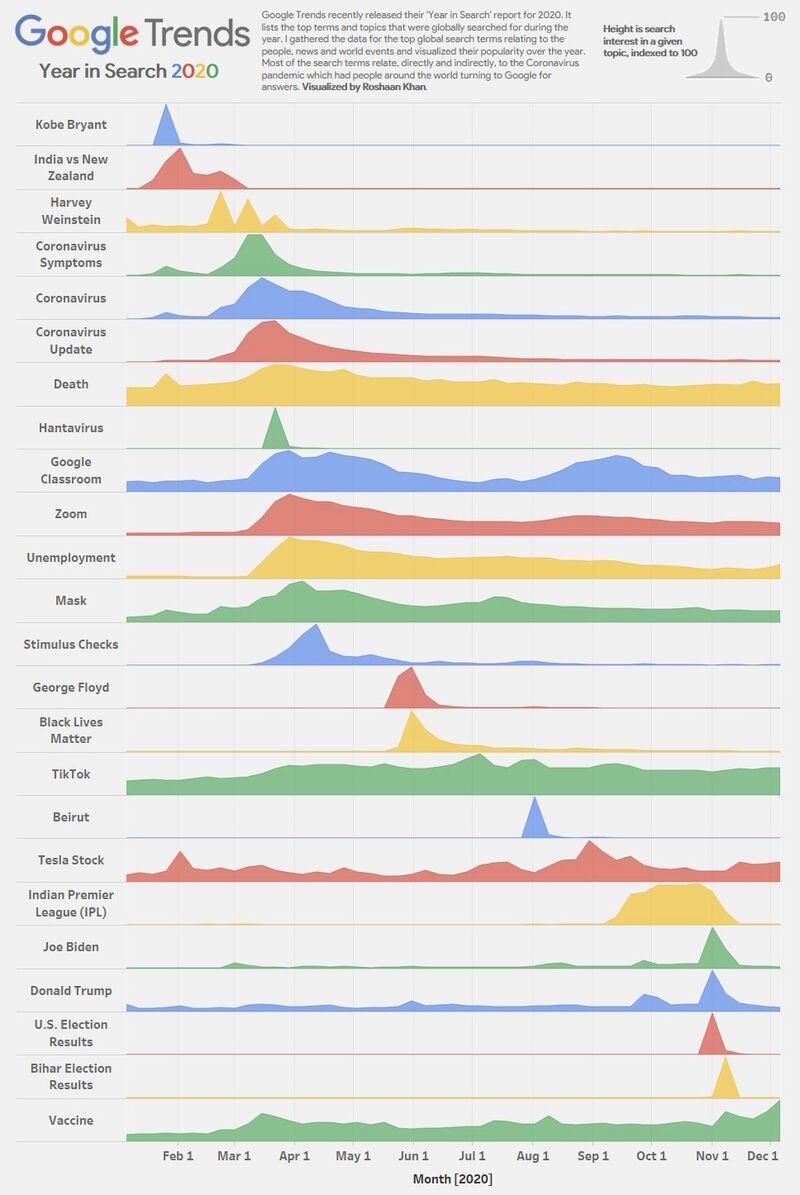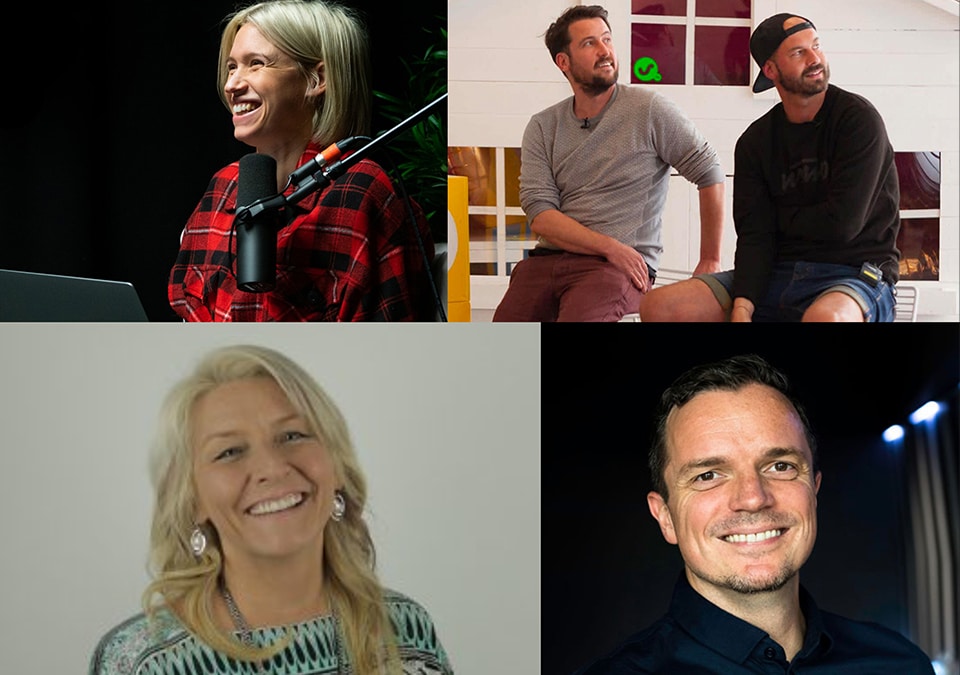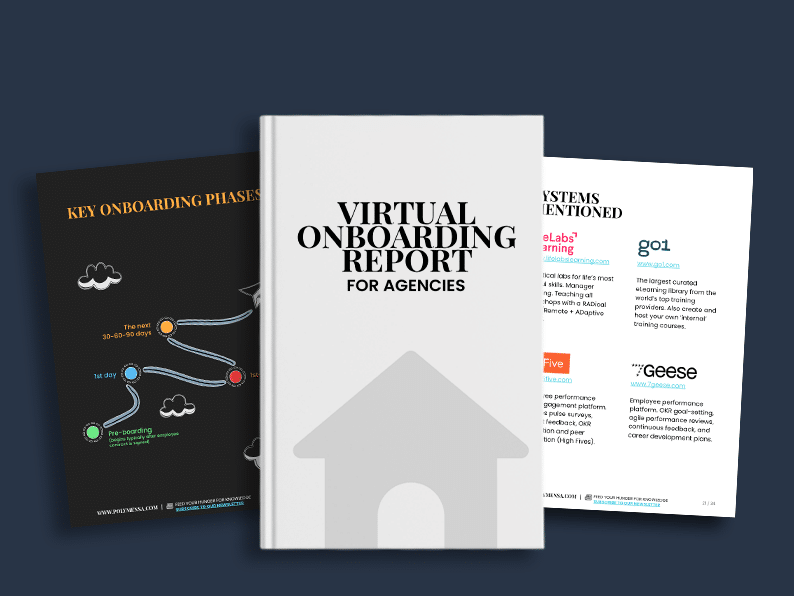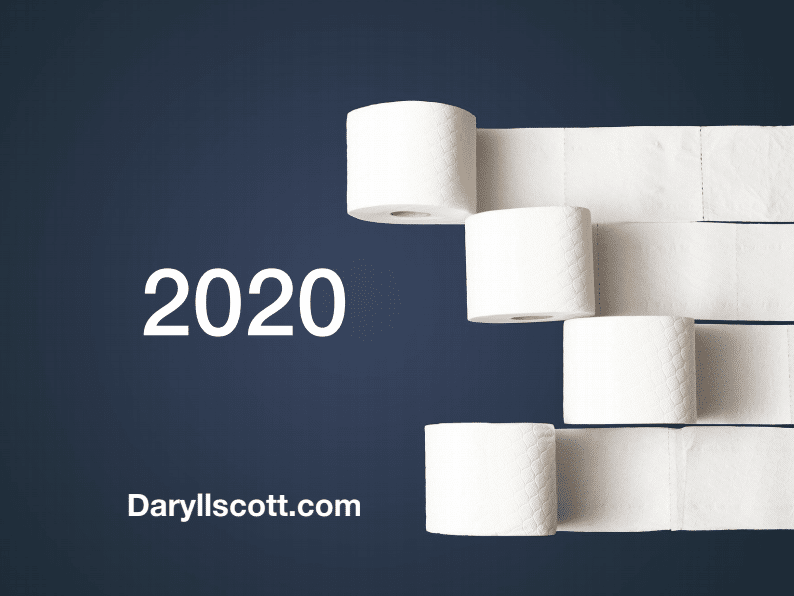
Reflections Dec 2020 – Week 1: Could this be a better visualisations of progress in agencies?, remote working & team engagement, ambiguous loss, The Great Mental Models Book feature and more…
December 7, 2020
Reflections Jan 2021 – Week 1: Are you thinking too much about your ‘why’? What is drive? When is a lie a good lie and more…
January 11, 2021Agency musings
Top Boy got me thinking about values
I know what you’re thinking, but hear me out… last week I finished watching the Netflix series Top Boy (a crime drama series that highlights the gang problems in London).
SPOILER ALERT (skip this part if you’re planning to watch it):
Towards the end Dushane uses the police to take down a rival gang member.
His ‘business’ partner Scully is appalled by the move.
Dushane justifies himself: “You said there is always a way!”
Scully responds: “Yes there is - but Police?? That’s not OUR way!”
Both Dushane and Scully felt strongly about ‘perseverance’. It was a core value they shared. But they both had a slightly different view on how to persevere in a given situation.
This is an extreme example of values being misunderstood with serious consequences.
One that got me thinking deeper about this:
What if a person has this strong value: "Always take care of your fam"... but to this person "taking care" might include going as far as harming another human to ensure they stick to their values - in their mind they are being supportive. Whereas for someone else "taking care" might mean to support a friend emotionally. The same core value, but again different behaviours with a potentially devastating outcome.
In agencies we often see values painted in a creative font across the wall or the about us page on their website. Single words such as integrity, fun, innovative, etc. but because the consequences of misunderstanding those values is not as severe as the former example, there may be a tendency to believe that everyone gets the 'values'. No need to go deeper.
If you asked each person in the team to describe what ‘fun’ means to them, you’d probably get a lot of very different responses. What are examples of behaviours based on your values? How are you leading by example? Are there current misunderstandings of your values that need to be clarified? What consequences are there if values are misunderstood?
Inside Polymensa
Team Mintaka
Book Club Session - Superengaged with special guest Nikki Gatenby
Last week we had the pleasure of discussing the fantastic agency culture book Superengaged with the author Nikki Gatenby. The book explains what Nikki and her team at Propellernet to make it a ‘people first’ agency - no bullshit!
There are so many takeaways from the book. However, everyone was keen to know how much it cost to make their team’s dreams come true - as part of the famous Dream Machine. Nikki said that it was in the thousands and therefore a worthwhile investment. If you’d like to see the Dream Machine in action, watch the clip here (and see in the comments what she won).
The beautiful mind
First principles thinking
We are often faced with learning completely new concepts in life. It may be as simple as understanding how a new cooking device works or as complex as acquiring a business for the first time.
However it can be quite hard to get to essential truths about the topic - to separate knowledge from ignorance - if you don’t know what you don’t know.
First principles thinking is a great way to get to the essential truth quickly and without needing to be a topic expert. The next time you are exposed to a concept you know very little about, try using this questioning process to filter out assumptions or get to essential truths about the topic (this is known as Socratic questioning):
-
- Clarifying your thinking and explaining the origin of your ideas. (Why do i know this? What exactly do i think?)
- Challenging assumptions. (How do I know this is true? What if I thought the opposite?)
- Looking for evidence. (How can I back this up? What are the sources?)
- Considering alternative perspectives. (What might others think? How do I know I am correct?)
- Examining consequences perspectives. (What if I am wrong? What are the consequences if I am?
- Questioning the original questions. (Why did i think that? Was I correct? What conclusions can I draw from the reasoning process?)
Quotes of the week
“I fear not the person who has practiced 10,000 kicks once, but I fear the person who has practiced one kick 10,000 times.” Bruce Lee
Company spotlight
Charthop
An org chart tool that helps you plan team structures as you scale your business. Charthop also provide people analytics solutions.
Random information
(entertaining at the very least)
-
The alkaline water in Lake Natron has a pH as high as 10.5 and is so caustic it can burn the skin and eyes of animals that aren't adapted to it. The water's alkalinity comes from the sodium carbonate and other minerals that flow into the lake from the surrounding hills. And deposits of sodium carbonate — which was once used in Egyptian mummification — also acts as a fantastic type of preservative for those animals unlucky enough to die in the waters of Lake Natron.
-
A what-not is a piece of furniture derived from the French étagère, which was exceedingly popular in England in the first three-quarters of the 19th century.
- The year in Google Search Trends:

Thank you for reading.
If you enjoyed this feel free to sign up to our mailing list to get notified in your inbox when our next musings are out.
Also find us on LinkedIn and Twitter.
"Be an infinite learner." - Polymensa
Have a great week!
Cheers, Daniel :)





